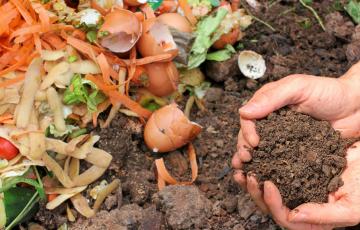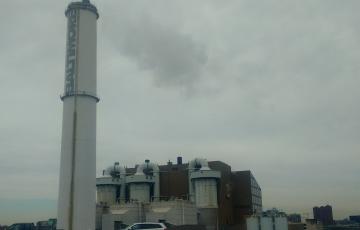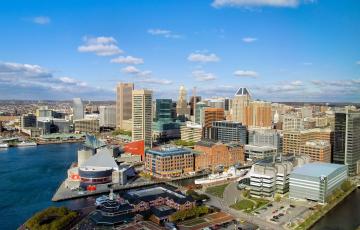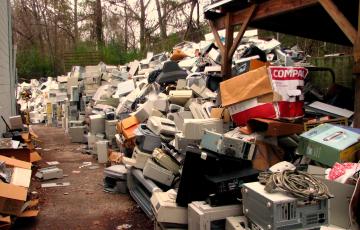blog
Making Frederick's compost pilot program permanent!
For the past two years, the City of Frederick has offered free food scrap pickup to City households through Key City Compost, to be composted at Key City's compost facility near Thurmont. Now, the pilot program is coming to an end, and the City of Frederick faces the decision of whether to make it permanent, what the permanent parameters should be, and how it should be paid for.




